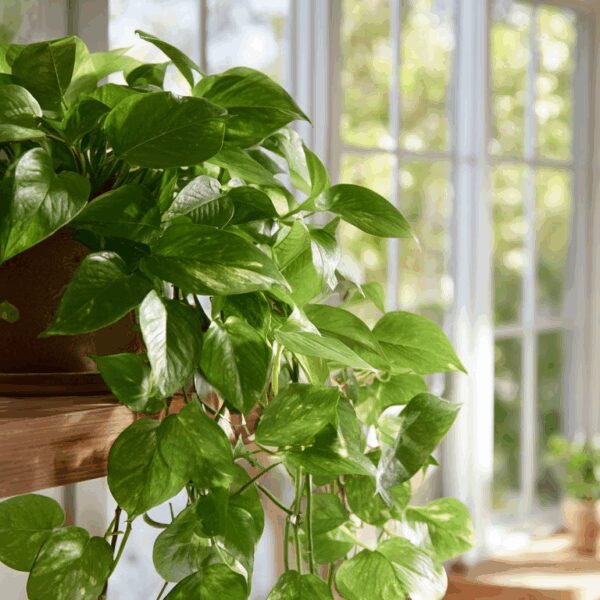The leaves of basil can be ruined by holes e parasites, compromising the health of the plant. Protecting them adequately is essential for having lush plants and aromatic leaves.
Preventive techniques to protect basil leaves
To prevent basil leaves from being damaged, here are some preventative techniques:
Regular inspection: Examine the leaves frequently for early detection of pests and remove them manually.
Natural spray: Solutions based on Marseille soap o Neem oil they keep harmful insects away without damaging the plants.
Useful insects: Introduce ladybugs and lacewings which feed on aphids and other parasites.
When to water the grass? Discover the optimal time for a greener lawn and less waste.
Crop rotation: Change the location of basil plants every year to prevent the proliferation of specific pests in the soil.
Adequate watering: A healthy basil is less vulnerable. Make sure the soil maintains a good level of humidity, without stagnation.
By following these techniques, your basil leaves will be protected and the plant will thrive.
Choose a sunny location
Place basil plants in an area where they can receive direct sunlight for at least 6 hours a day. Crop rotation and the use of insect nets are other effective techniques to protect them.
Avoid wetting the leaves directly: water the soil around the plant, preferably in the morning, to prevent the appearance of fungi and parasites.
Water the basil well
Water in the morning to allow the leaves to dry during the day and prevent fungal infections. Avoid wetting the leaves and monitor drainage to keep the soil well-drained.
- Water in the morning
- Avoid wetting the leaves
- Check drainage
Use a natural spray
Marseille soap or Neem oil sprays are ideal for keeping pests away without harming plants.
By following these preventative techniques, your basil will thrive, producing healthy leaves ready for use in cooking.
Additionally, maintaining good plant hygiene and reducing water stress can help prevent infestation of these pests. Also make sure your basil plants have enough room to grow, as leaves that are too close together can increase humidity and encourage pests to thrive.
By following these tips, you can enjoy healthy, lush basil leaves, ready to use in your favorite recipes.







